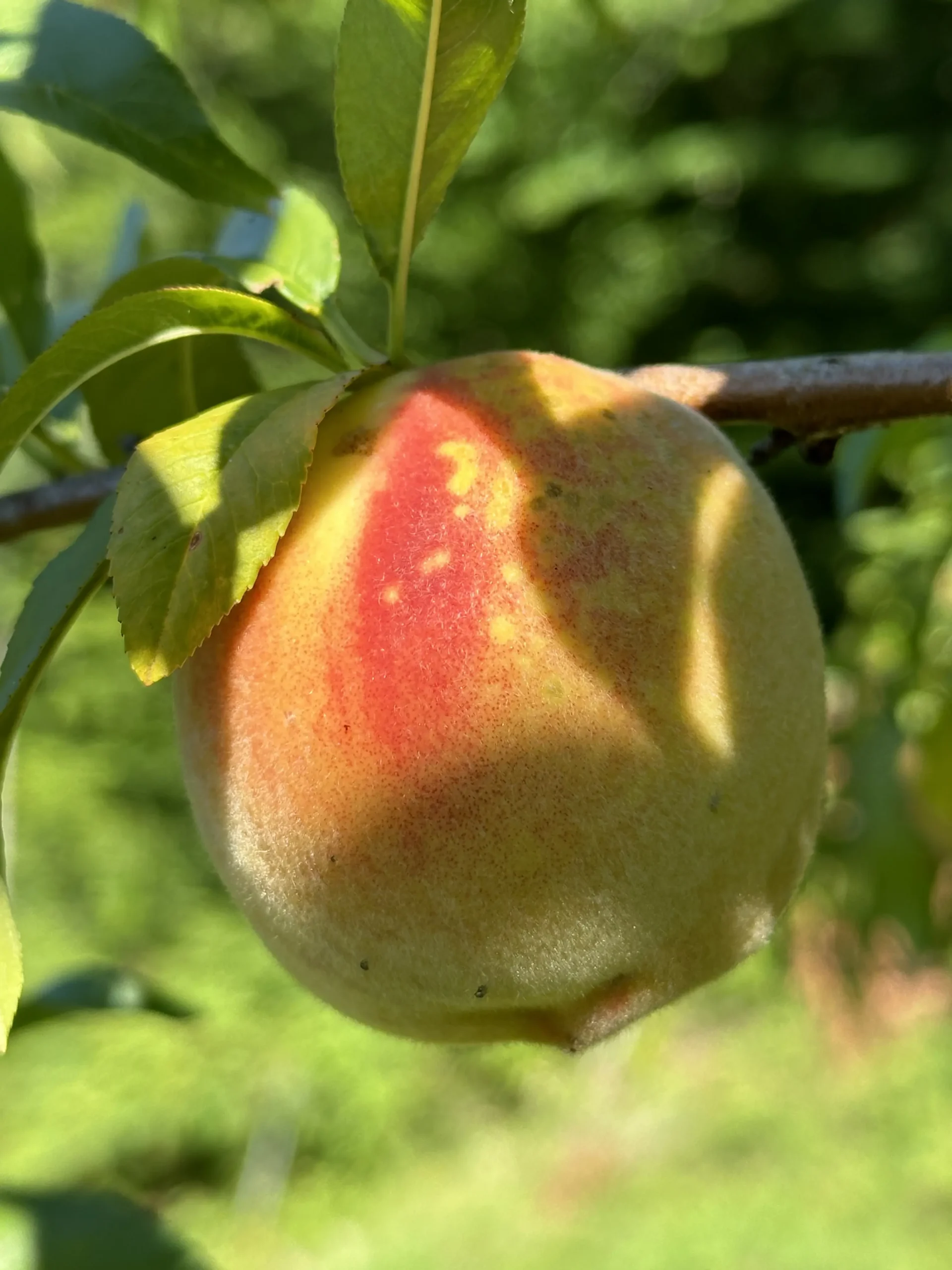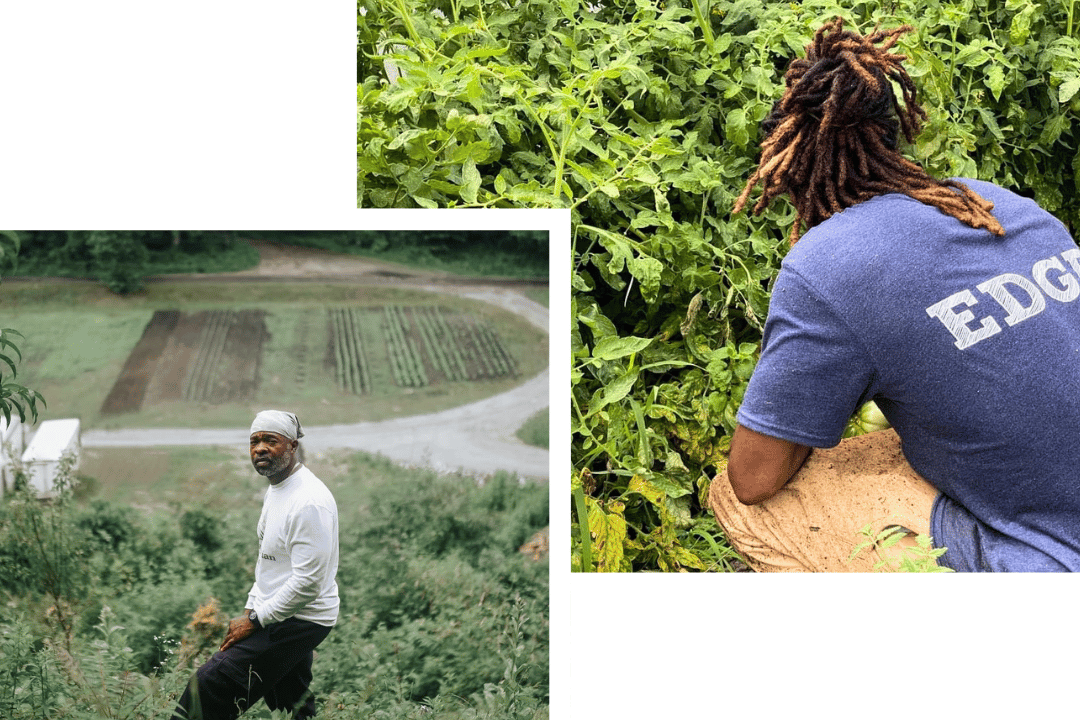
Central Appalachia’s rich landscapes and natural resources offer a unique opportunity to develop a sustainable, community-driven approach to agriculture and economic development. By combining traditional mountain agriculture with modern conservation practices, we can create a model that fosters food sovereignty and long-term economic prosperity for the region.
Rural communities in Central Appalachia face complex challenges: food insecurity, economic stagnation, and environmental degradation. The need for a model that prioritizes both agricultural production and the conservation of natural resources is greater than ever. By focusing on the strengths of the region—its fertile land, natural beauty, and agricultural heritage—we can:


APPALACHIAN HERITAGE
Mountain agriculture, a neglected but powerful part of Appalachian heritage, has the potential to transform the region’s food systems. Through regenerative and conservation-based farming techniques, we can:

At the heart of this model is the principle of conservation. By integrating sustainable farming practices like permaculture, agroforestry, and soil regeneration into mountain agriculture, we can:
CONSERVATION-BASED APPROACH
A conservation-based approach to mountain agriculture is not only about food—it’s also a powerful engine for economic growth. By supporting farmers, entrepreneurs, and small businesses that align with sustainable agricultural practices, we can:


To fully understand the need for climate adaptation in Central Appalachian mountain agriculture, research is paramount; to meet this need, EDGE is currently researching seed adaptation and scaling poultry, fruit, nut, and honey production. To revitalize communities that have been devastated by the extractive industries, informed, land based agriculture should be at the forefront of regional economic development.
A mountain agriculture and conservation-based model holds the potential to revitalize Central Appalachia’s food systems and economy. By investing in both the land and the people, we can build a region that is not only food sovereign but also resilient, sustainable, and economically vibrant.
EDGE prioritizes health, place, livelihood, and nutrition to lead land and community reclamation in Appalachia.
STAY IN THE KNOW
Join our email list to receive updates on our latest work.

© 2024 EDGE | ALL RIGHTS RESERVED.